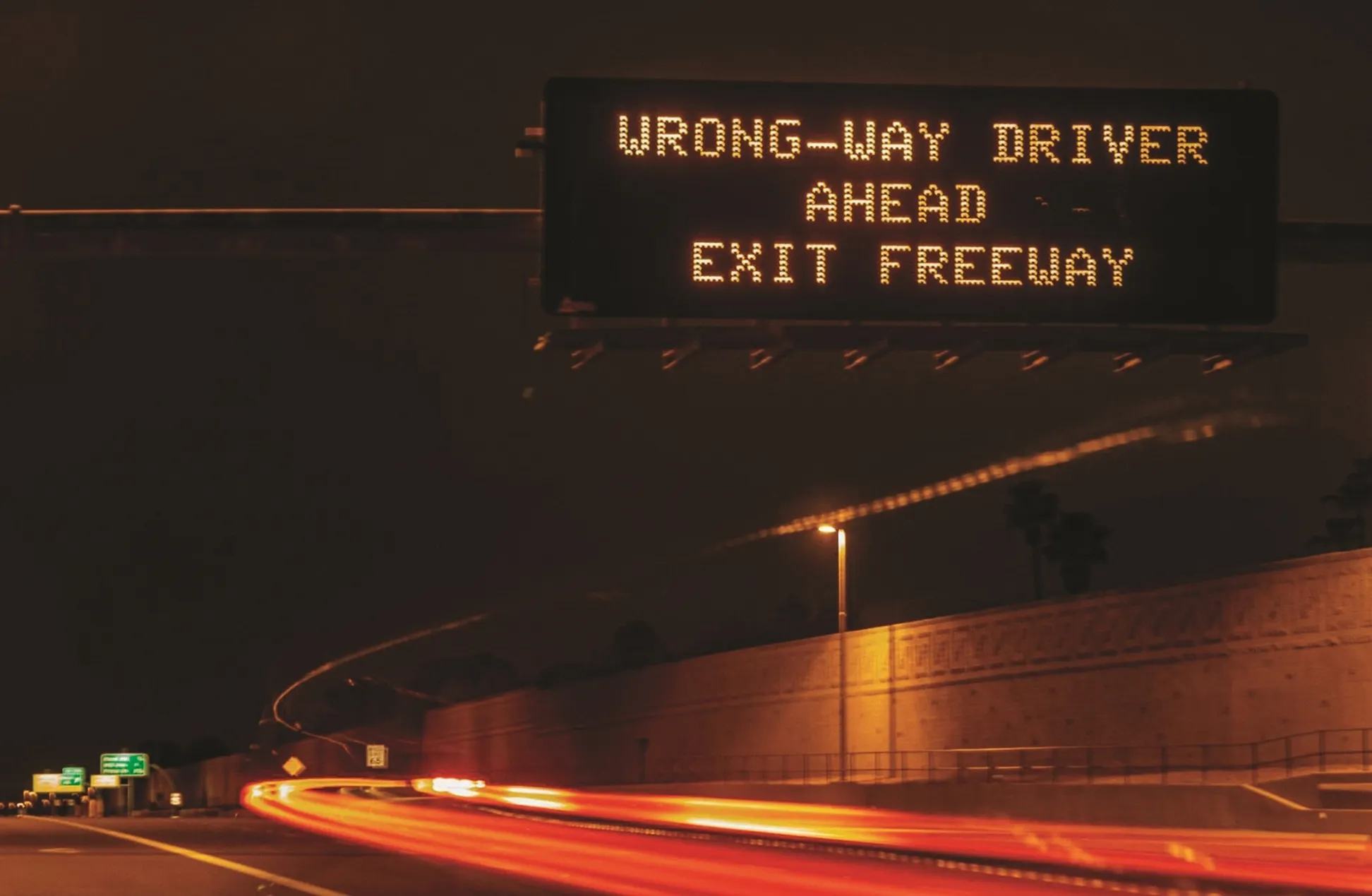Global Traffic Technologies (GTT) will demonstrate its Opticom emergency vehicle pre-emption (EVP) system at the Emergency Medical Services Congress’ EMS2017 event in Copenhagen later this month, to show how effectively Opticom can help speed first responders to or from the scene of an incident, avoiding the danger of evading cross-traffic and the delay of manoeuvring past vehicles stopped for a red light. Opticom provides drivers of emergency vehicles with priority control that enables green lights during
May 8, 2017
Read time: 1 min
Opticom provides drivers of emergency vehicles with priority control that enables green lights during emergencies, enabling ambulances and other emergency vehicles to navigate congested intersections more effectively, resulting in improved response times and a reduction in accidents. Emergency vehicles equipped with Opticom communicate with traffic signals via a purpose-built radio based on their known location via GPS. During emergencies, vehicles request green lights to ensure their safe passage through the intersection.










